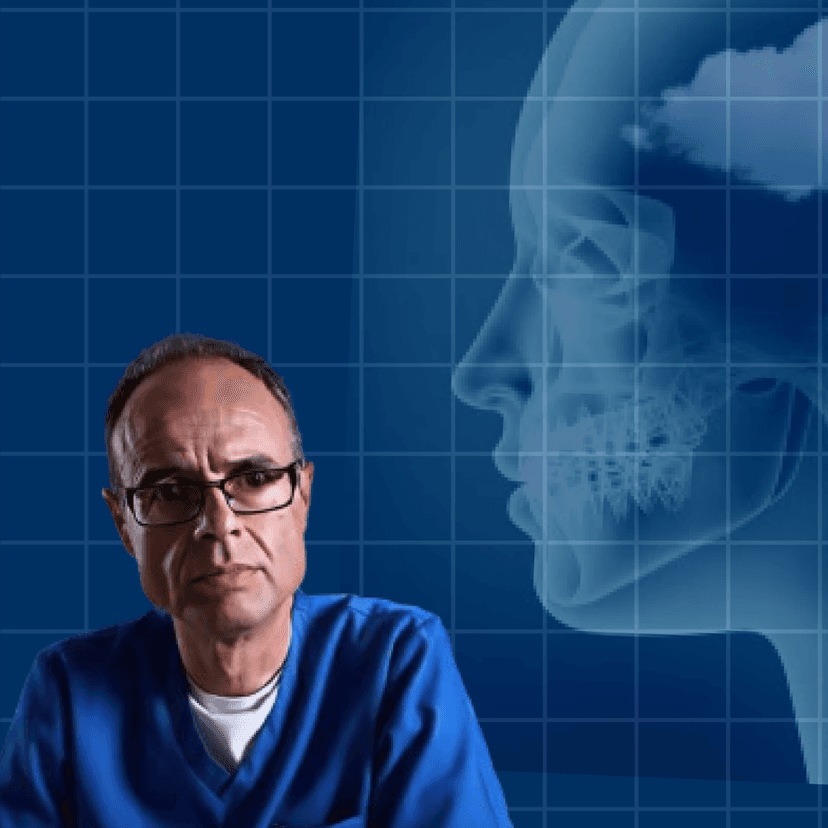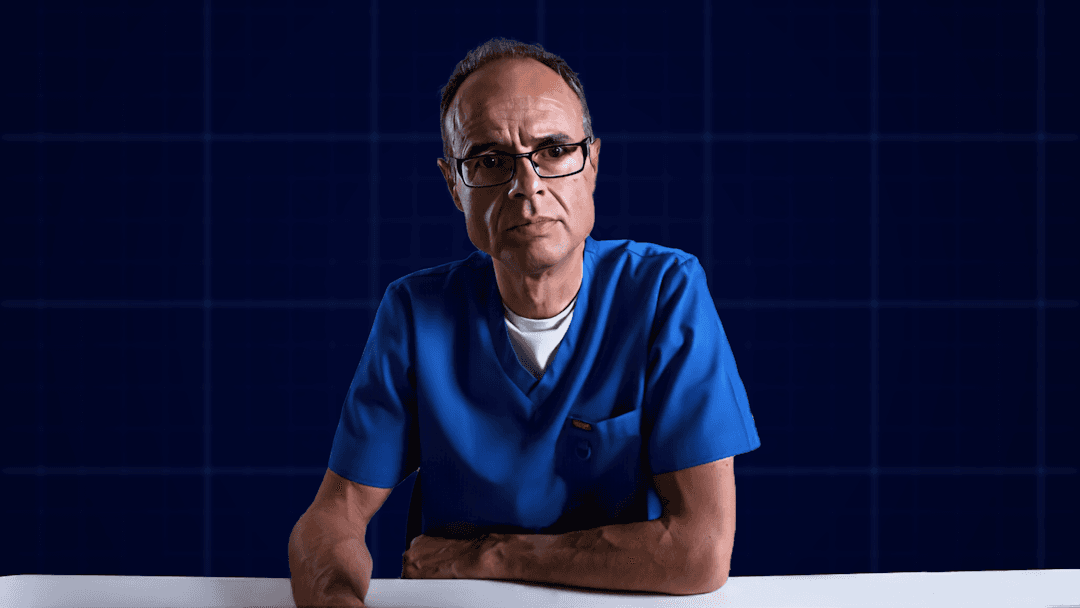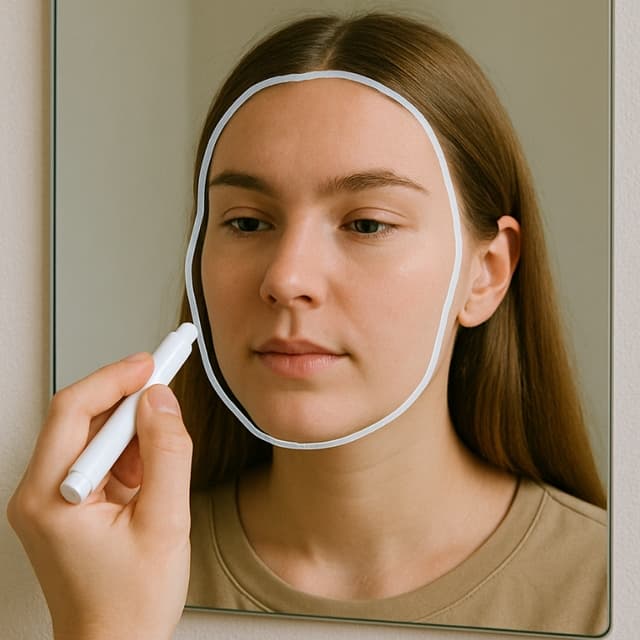Sleep-disordered breathing (SDB) is an umbrella term that includes a range of issues, from snoring to more severe conditions like obstructive sleep apnoea (OSA). While it is well known that OSA can lead to serious health complications in adults, the effects of SDB in children, especially on brain development, are often overlooked. Many children who suffer from SDB do not present with full apnoea, but the fragmented sleep caused by these issues can still have long-lasting effects on cognitive function and behaviour. Dr David McIntosh, a specialist in ear, nose, and throat (ENT) disorders, highlights the critical nature of this problem, stating that “the most important time for the brain is actually when we sleep”.
How Sleep Affects Brain Development
During sleep, the brain undergoes a range of restorative processes, including the consolidation of memories and the removal of metabolic waste products. For children, sleep is particularly important as it supports the development of neural connections that are crucial for learning, memory, and emotional regulation. However, when sleep is repeatedly interrupted by breathing difficulties, as occurs with SDB, these processes are disrupted.
Dr McIntosh explains that these interruptions can occur even when oxygen levels do not drop significantly: “Just by having those moments of not breathing properly can be enough to disrupt the sleep patterns and knock on effects, like learning and memory, are affected.” This means that even children who do not meet the clinical threshold for obstructive sleep apnoea may still experience the cognitive consequences of poor sleep.
The Link Between SDB and Cognitive Deficits
Research shows that children with SDB often exhibit symptoms such as difficulty concentrating, hyperactivity, and behavioural problems. These are sometimes mistaken for attention deficit hyperactivity disorder (ADHD), leading to misdiagnoses. In fact, Dr McIntosh notes that “twenty-five, maybe even as high as 50%, of those ADHD diagnoses are actually incorrect” because the root cause lies in sleep disruption due to SDB.
In more severe cases, fragmented sleep and poor breathing during the night can lead to actual brain damage. “What we’re talking about is brain damage,” says Dr McIntosh. “There are definitely parts of the brain that are underdeveloped, and that’s brain damage.” This is a sobering fact, but it underscores the importance of identifying and addressing SDB in children as early as possible.
Early Intervention is Key
The signs of sleep-disordered breathing in children can often go unnoticed. Many parents are unaware that symptoms like snoring, mouth breathing, or frequent waking during the night could indicate a serious problem. Teachers may notice that a child is often tired or unable to concentrate in class, but the connection to sleep issues is not always made. According to Dr McIntosh, early intervention is critical: “Six months is all it takes for the damage to start to manifest itself.”
Parents and healthcare professionals alike should be vigilant in recognising the signs of SDB and seek appropriate care, which may involve both ENT and orthodontic interventions. Airway-centric orthodontics, which focuses on ensuring the proper development of the jaws and airway, is a promising approach to preventing the cognitive and developmental damage caused by SDB.
Conclusion
Sleep-disordered breathing in children is a serious issue with far-reaching consequences. While full obstructive sleep apnoea is widely recognised as dangerous, even less severe forms of SDB can lead to significant cognitive and behavioural problems. Early diagnosis and treatment are crucial to prevent long-term damage to a child’s developing brain.
To learn more about how airway-centric orthodontics can help address this public health issue, visit the Mewing YouTube channel for informative content. You can also contribute to the cause and access valuable resources by subscribing to the Mewing App by Mike Mew. Join the movement and be part of the solution to improving airway health worldwide.





